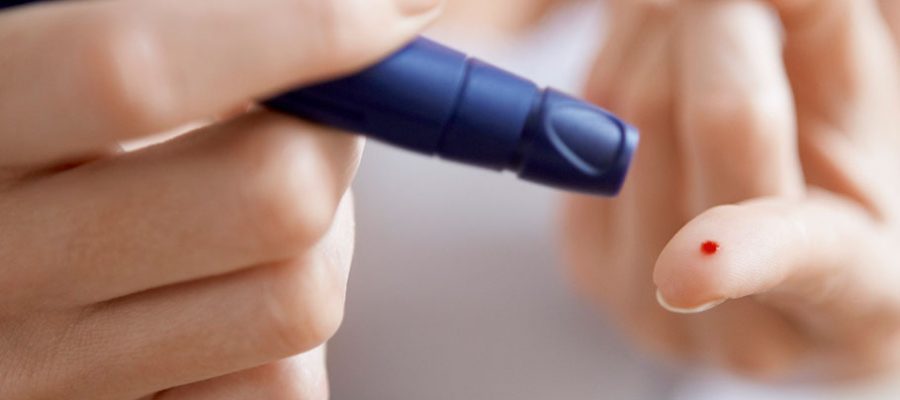 When most people think of In Home Care, they likely think of elderly care. While older Americans definitely comprise a large segment of the in-home care population, you might be surprised to learn that many other families use these services as well. Special Needs Care is a type of In Home Care where the client is not necessarily a geriatric patient, but still requires assistance with day-to-day tasks.
When most people think of In Home Care, they likely think of elderly care. While older Americans definitely comprise a large segment of the in-home care population, you might be surprised to learn that many other families use these services as well. Special Needs Care is a type of In Home Care where the client is not necessarily a geriatric patient, but still requires assistance with day-to-day tasks.
Special Needs Care is appropriate for those with mental, emotional, or physical issues that impede their ability to function completely independently. An example might be an adult child with Down Syndrome whose parents have passed away, or a recent heart attack victim. Some of the assistance that can be provided includes help with errands, transportation, and Activities of Daily Living (ADLs) like bathing, toileting, meal preparation, and more.




 According to the
According to the 


